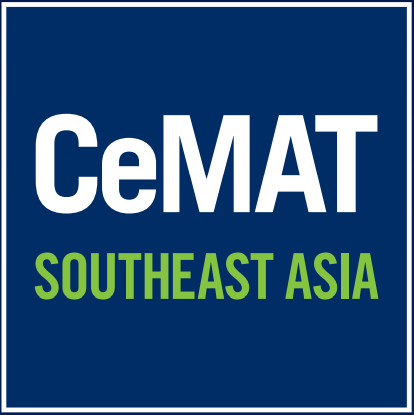Reshoring, Nearshoring and Friendshoring: Unraveling the Dynamics in an Increasingly Smaller World
)
Optimising the supply chain is on ongoing process for many companies. Here’s a few ways some of the biggest are taking advantage of a smaller, more globalised world.
In an increasingly smaller world, where digitalisation has made it easier to complete work from wherever you may be, the strategies surrounding optimising a supply chain, and the many facets within it, have grown and evolved. This is typified by the implementation of three key emerging concepts: reshoring, nearshoring, and friendshoring. Each represents a distinct approach to addressing the challenges and opportunities presented by the globalised economy, with their own implications for digitalisation and location strategies.
Reshoring is the process of bringing back production or services to the home country from overseas. Gaining prominence as companies have begun to reassess the true cost of offshore production, this can lessen the impact of issues such as transportation costs and supply chain vulnerabilities. By reshoring, businesses can reestablish control over critical aspects of their operations while captialising on the benefits of a more local and agile production environment.
This process has become increasingly common as the ASEAN market has grown, with companies moving their supply chain operations away from the traditionally cost-effective growth regions of China and India towards the major growth regions of Southeast Asia, such as Malaysia, Indonesia and Vietnam.
Nearshoring involves relocating business operations to a nearby country or region with similar economic conditions. This approach capitalises on the benefits of proximity, allowing for reduced transportation costs and overlapping time zones, while utilising cultural similarities to reduce the overall changes needed within the business processes. Nearshoring allows companies to maintain a level of geographical closeness to foster collaboration while mitigating some of the risks associated with offshore production.
Commonplace within the Southeast Asian supply chain in the past years, nearshoring allows businesses to take advantage of the region’s technological growth. Look no further than the semiconductor boom in Malaysia, as businesses from China, Taiwan and other major markets look to set up warehousing and production facilities throughout the nation, alongside fellow Southeast Asian nations, such as Indonesia and Singapore.
Friendshoring emphasizes collaboration and strategic partnerships irrespective of geographical distance. This is most often seen when companies form alliances with partners who share similar values, objectives and commitments to innovation, and enables a collaborative approach. This allows businesses to leverage each other’s strengths, creating a network that transcends traditional geographic boundaries and allowing for lower risk and wider reaching supply chain networks.
A recent case of friendshoring involves Apple, who have moved large portions of the production of watches and iPad’s out of China. As Chinese policy changes and cultural shifts have created a less optimal environment for Apple’s large production quotas, they have found the need to diversify. This has lead them to Vietnam, a country which offers lower overhead, an approachable state industry policy and, most importantly, greater access to the Southeast Asian region as a whole.
As Southeast Asia continues to experience technological booms throughout many of it’s nations, more and more international countries will be looking to invest into the region long term, while many companies birthed within the region will be returning large portions of their supply chain operations back to where they started. Learn more about the increase in Re, Near, and Friendshoring in the region, and the impacts it will have on your business, by visiting CeMAT South East Asia on 15-17 May 2024 at Singapore EXPO, Singapore.






